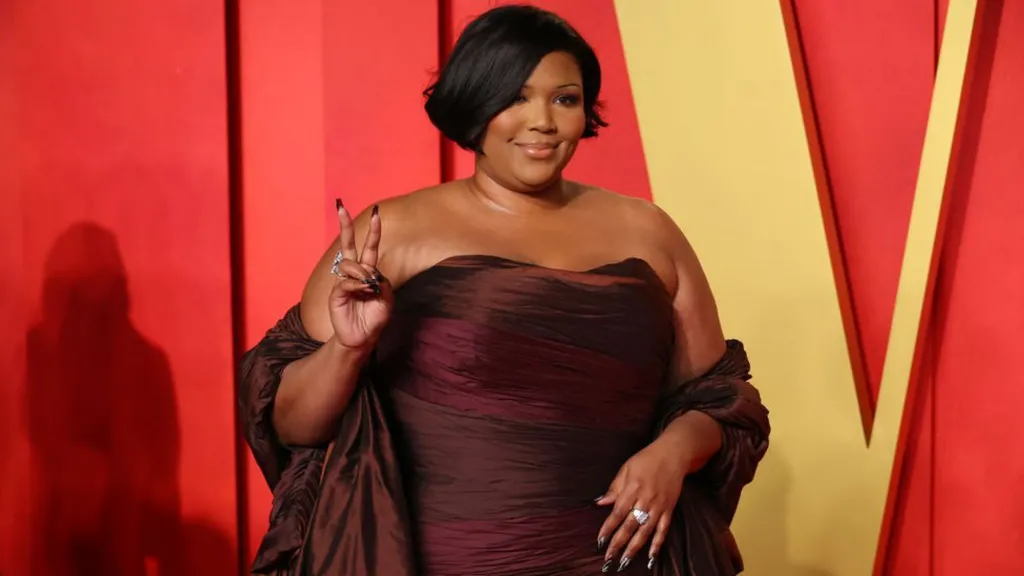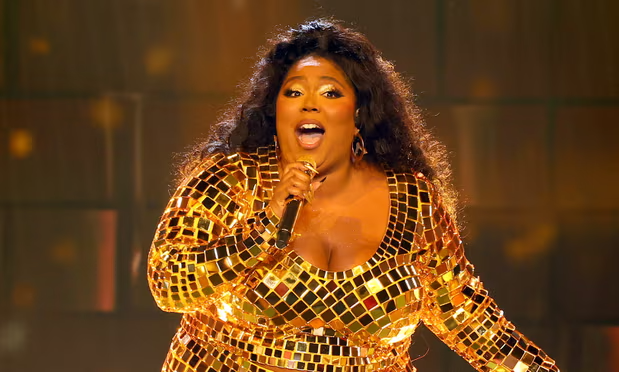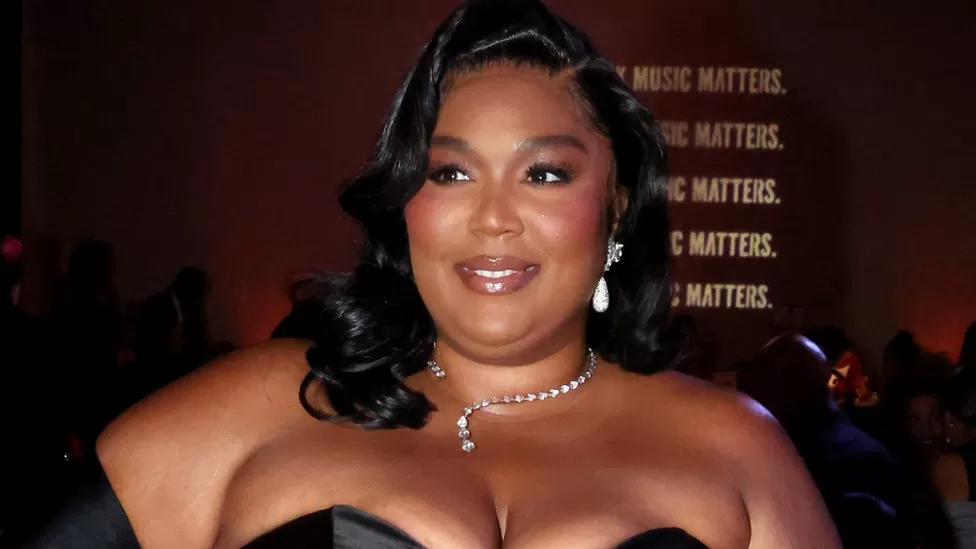This article is more than
1 year oldThe real lesson from the Lizzo saga: Don’t deify celebrities
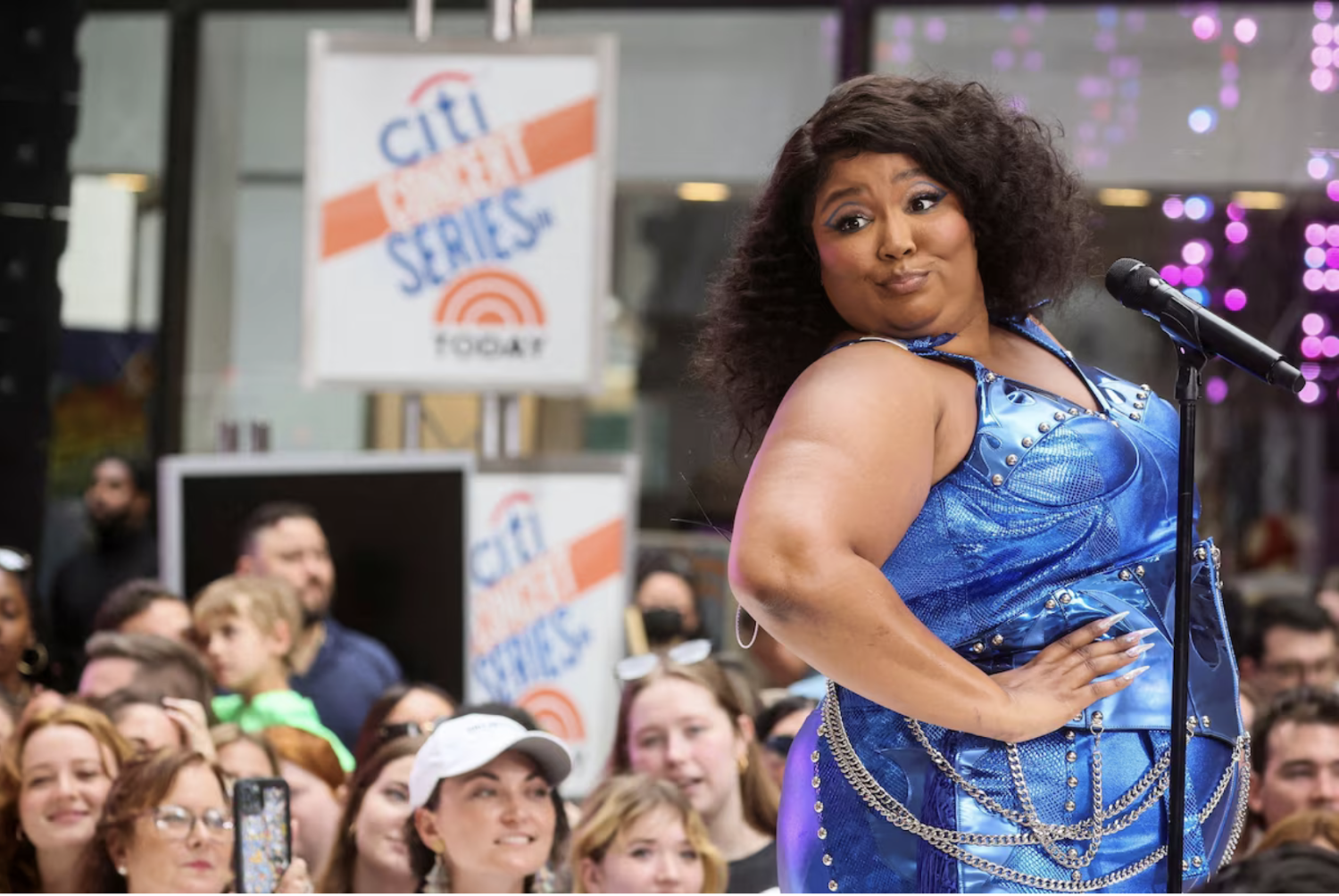
When the news broke about the lawsuit against Lizzo, the body-positive, pro-LGBTQ+ entertainer with four Grammy Awards to her name, I rejected the allegations against her out of hand. I defended her to friends. Three of Lizzo’s backup dancers had alleged that the singer of upbeat, self-affirming and empowering songs created nothing less than a hostile work environment replete with physical intimidation, misogynoir and body-shaming. I assumed these allegations were nothing but a cash grab from disgruntled former employees. (I did the same when Ellen DeGeneres, another famous person known for supporting LGBTQ+ rights, was accused of fostering a hostile work environment.)
But then I watched an interview with the three dancers, Arianna Davis, Crystal Williams and Noelle Rodriguez, and I have to admit I found it hard not to believe them. I’m not saying I totally believe them. But I found it hard not to. Then I watched a TikTok made by a former girlfriend of Lizzo’s current boyfriend, who went into detail about how poorly she was treated by Lizzo. I read a statement from director Sophia Nahli Allison, who quit Lizzo’s documentary only two weeks into the project, calling the entertainer a “narcissistic bully” as well as “arrogant, self-centered, and unkind.” It was then that I realized I had rejected the dancers’ allegations simply because, deep down, I just didn’t want to believe them.
Much talk has been given to the “parasocial” relationships many of us have with celebrities. In a nutshell, a parasocial relationship is one in which a person imagines, through repeated superficial “contact” via social media, 24-hour news and the like, that they “know” or are even friends with a celebrity. Or perhaps they identify with them simply because that celebrity is a champion of the kinds of values that are important to the fan.
Lizzo’s unwavering support of the LGBTQ+ community made me want to defend her as if I were defending queer rights themselves. The danger comes in wrapping one’s identity up in a person whom you can’t really know and whose livelihood turns on that kind of attention and adulation.
This knee-jerk instinct to defend celebrities just because I like their message doesn’t sit well with me. Because I can see now that this is not too different from what I have accused conservatives of doing.
I have watched the way Donald Trump’s followers have lifted him to the level of a demigod or idol. I have seen them march in his defense against what, in my opinion, is overwhelming evidence of misconduct. I have listened to them explain away behavior that most people find abhorrent. I have heard about devotees tithing to Trump as if he were a church.
And that’s because Trump, much like Lizzo, has turned himself into a cause, a spokesperson for a certain kind of person who feels, correctly or not, that they are on the margins or have been treated poorly by society. I have called these Trump acolytes “sheep” and “sycophants,” among other things. But I cannot deny I have behaved not too differently regarding people in the public eye — Lizzo among them — who I believe are standing up for people like me: queer people of color.
Lizzo’s alleged behavior in her workplace isn’t the issue here. The issue here is that we all need to realize we shouldn’t jettison our critical thinking in the face of fame — or for some well-managed image that someone has cultivated. Because we really don’t know who any of these people are in real life. Just as we say, “Don’t shoot the messenger,” we should take care not to deify them, either. Better to praise good works while keeping in mind that the person responsible for those acts is fallible, flawed and capable of doing and saying awful things; in other words, is human.
Many who are against Lizzo’s message of inclusivity and diversity were waiting for a moment like this to pounce, converting this chapter into an excuse to trash both her and what she stands for. It’s hard to watch. But even if she did the things she’s being accused of, it doesn’t make anything that she stood for less valuable or important.And, if I’m honest, I still hope she turns out to be innocent of all the allegations, though not necessarily for her sake. I hope Lizzo comes through this for the sake of her fans who, through her, realized that loving themselves is a beautiful thing.
Opinion by Brian Broome
Brian Broome is a contributing columnist for The Washington Post. His debut memoir, "Punch Me Up to the Gods," is an NYT Editor’s Pick and the winner of the 2021 Kirkus Prize for Nonfiction. In addition to The Post, his work has appeared in Poets and Writers, Medium and more.
Keywords
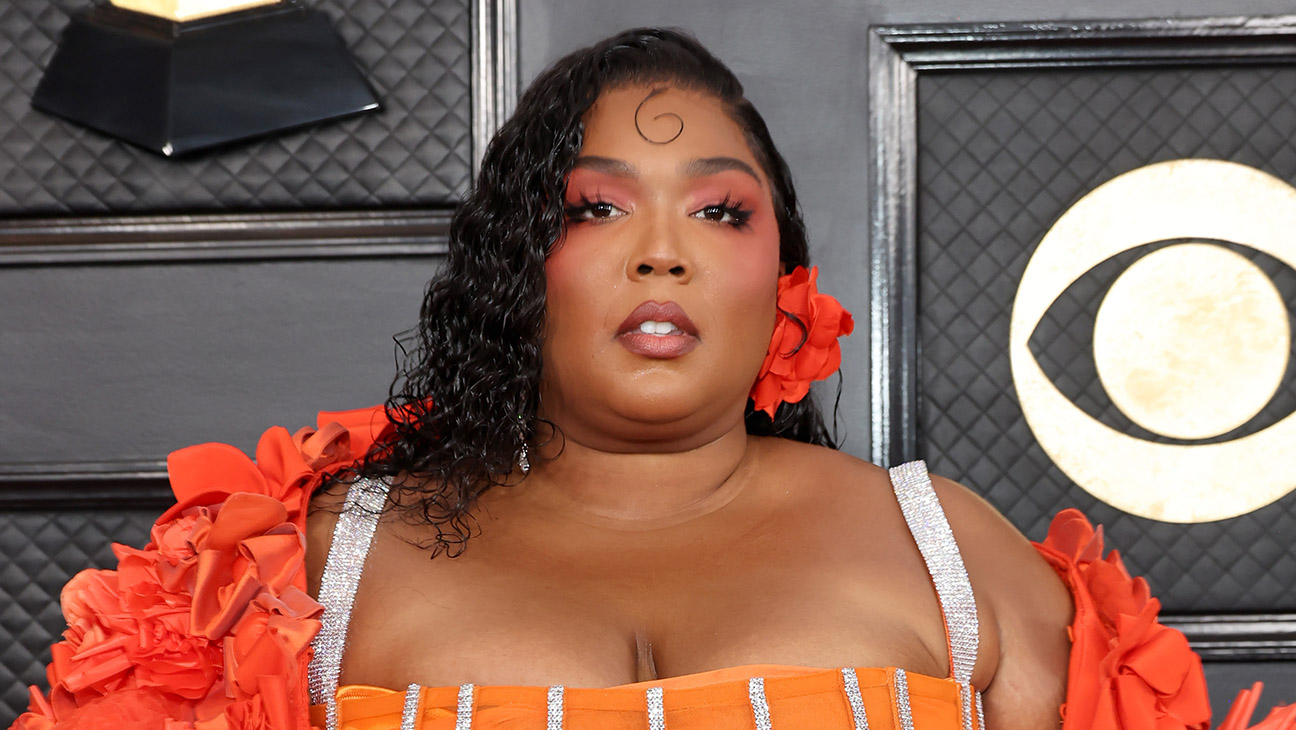
Newer articles
<p>Wang Yi tells Antony Blinken ‘disruptions’ could arise amid threat of sanctions over China’s support for Russia’s defence industry</p>
King’s Funeral Plans Dusted Off—as Health Remains a Mystery
Megan Thee Stallion’s Ex-Makeup Guru Talks. It’s Not Pretty.
Here’s why Iran decided not to attack Israel again
Bill Maher's audience roars with laughter after he mocks Don Lemon to his face
Can Zendaya make the leap from tween idol to Hollywood heavyweight?
MAJOR ANNOUNCEMENT: Buck Palace updates on King Charles’ condition
Trump lawyer tells SCOTUS that president could have immunity after ordering military to assassinate a political rival
Supreme Court might not give Trump sweeping immunity — but it's likely to give him the one victory he wants
What Weinstein Accusers Are Saying About the Shock Reversal
